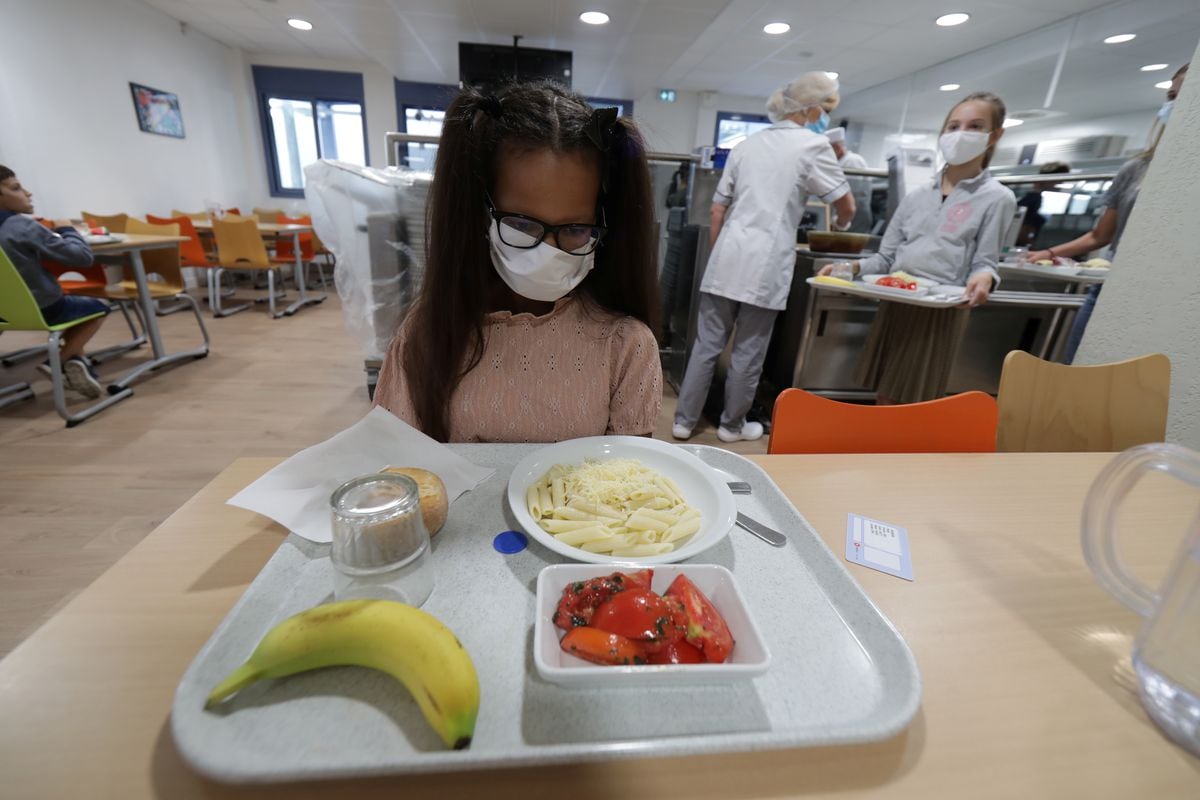If we randomly ask strangers if education is important, the answer will more than likely be a resounding yes.
However, despite its importance, it did not have its international day until December 2018, when the United Nations General Assembly proclaimed January 24 as the International Day of Education.
In other words, the recognition came late, but it did come.
And welcome.
If we ask the same strangers what they understand by education, here the answers will surely be more disparate.
There is also likely to be disagreement if we ask them what the purpose of going to school is.
Training for the professional future?
Grow as people?
Learn from the subjects taught?
Or that boys and girls play and interact?
The correct answer is much more complex.
It is training.
It is to learn mathematics and syntax, and it is to lay the foundations for the professional future.
But it is also learning values, living with classmates, growing as people, forming an opinion, having a critical spirit, sharing points of view... And it is something that does not only happen in the classroom.
Let's put the focus on the noon space. The morning classes end and the students who do not go home for lunch stay (if public aid or the economic situation allows) in the dining room. Families are calm because their children are going to eat well and that, in itself, already has a lot of value. We know that insufficient or poor nutrition has repercussions on the health and development of minors. But it is that, in addition, ensuring attendance at the canteen is also feeding their education.
In addition to eating, many other things are done at midday. The children relate to each other in a more relaxed way than in the classroom, they continue to learn, they know the importance of healthy nutrition and they collaborate. A good pedagogical intervention in the dining room opens opportunities to work on the empowerment of children, training in values, socialization and conflict resolution, in addition to the benefits that play and free time bring in strengthening relationships and friendships. If they have to eat alone at home because their family is working and they don't have the financial resources to pay for the school menu or someone to take care of them, all that is lost, it affects their emotional well-being and, furthermore, it is very common for them not to come back to class in the afternoon. There is, then,increased risk of school failure and dropout.
A good pedagogical intervention in the dining room opens opportunities to work on the empowerment of children
It is true that, in Spain, the public dining scholarships granted by the different administrations try to ensure that everyone who needs it has access to the midday space.
We say “try” because the data shows us that they do not reach everyone.
According to the latest INE Quality of Life Survey, only 11% of those under the age of 16 enrolled receive help for the dining room when 13.3% suffer from extreme poverty and one in three is at risk of misery or exclusion.
The same survey alerts us that almost 6% of minors do not eat meat, chicken or fish every two days.
The dining room is a basic educational piece.
It is surprising that 28% of primary schools do not have one.
Neither is there usually in Secondary, a stage of high nutritional needs in which relationships and good coexistence are also of vital importance.
Due to its impact on academic results and the well-being of children, the midday space should be part of the project of the educational centers.
In fact, at Educo we demand a pact between political parties so that their access is universal and, while this is not possible, that at least all children in a situation of poverty can go. Achieving it implies a greater investment in academic training and in the aid budget. Likewise, it is essential that administrative procedures be streamlined to simplify access to scholarships and that their requirements are adapted to the reality that families are experiencing, whose economic situation may have changed extremely in a few months.
As we have seen, the school canteen is a key factor in the learning process of childhood. We must begin by reinforcing this space, but we must support education from all angles, since this right is the best lever to reduce inequalities, in Spain and in any country.
To realize this is to understand that it is a responsibility that falls to all of us.
It is not only educated in school;
also in the community, in the family and in social relationships.
This requires the total involvement of society, which must seek alliances and collaboration frameworks to achieve a right that, unfortunately, does not always have the recognition it deserves.
As long as it is not achieved, every January 24 we will continue to remember and claim its importance, waiting for the moment when it is no longer necessary to have an international day because society will have achieved its objective.
Pilar Orenes
is the general director of the NGO Educo.
You can follow PLANETA FUTURO on
,
and
, and subscribe
to our 'newsletter'
here
.

